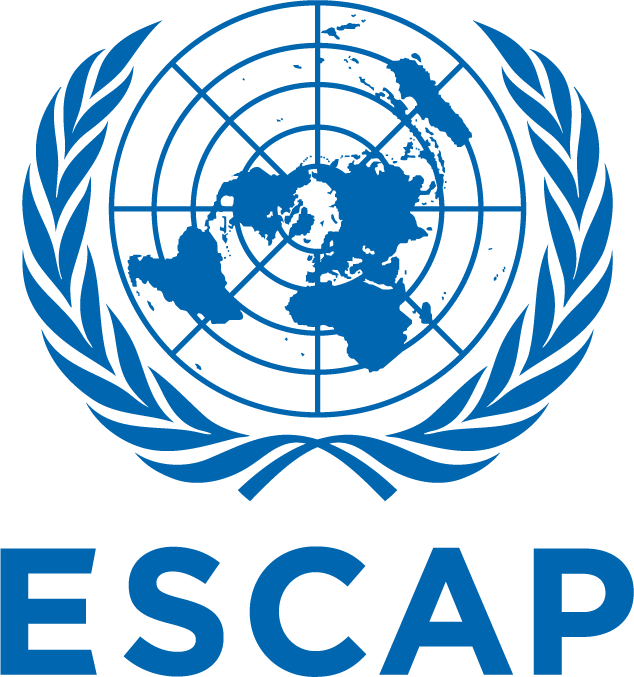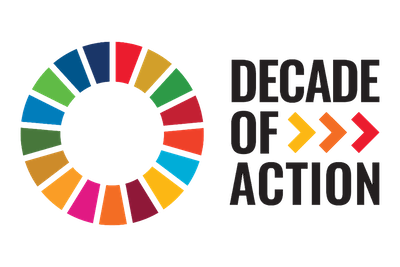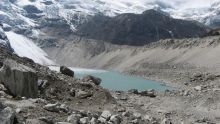
Glacier burst - a killer disaster; but the solution lies in managing cascading risks
Awareness Building
On 7 February 2021, the Nanda Devi glacier broke off in the Indian state of Uttarakhand, in the outer western Himalayas. At least 61 people were…

Impact-based forecasting - ESCAP's approach
Awareness Building
The ESCAP/WMO Typhoon Committee (TC) at its 53rd Online Session decided to convene the 16th Integrated Workshop in 2021 in ESCAP facility in…

Indexing risk to recover from COVID-19
Awareness Building
Worldwide, many countries continue to experience an extended period of COVID-19 risks. There are no off-the-shelf solutions for managing such a…

Outpacing COVID-19: Key innovations prompt early warning for early actions
Awareness Building
“Act decisively and early to prevent the further spread or quickly suppress the transmission of COVID-19 and save lives” is the first strategic…

Promoting climate resilience through science: Critical for Asia and the Pacific
Awareness Building
Recent research by the Intergovernmental Panel on Climate Change (IPCC) has shown that the world is likely to reach or exceed 1.5°C of warming…

Protecting the most vulnerable amidst COVID-19 and Cyclone Amphan
Awareness Building
Last week saw a ‘crisis on top of a crisis’ in South Asia – the unprecedented impacts of the COVID-19 pandemic in the region was followed by the…
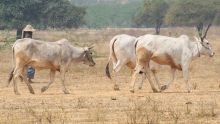
Ready for the Dry Years: Building Resilience to Drought in Southeast Asia
Awareness Building
South-East Asia has long endured severe droughts, which occur on average every five years. The prolonged 2015 and 2018 droughts were the worst…
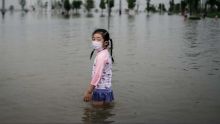

STI based solutions for a resilient future
Awareness Building
Science Technology and Innovation (STI) has been at the forefront of the fight against the COVID-19 pandemic. From enhancing our understanding…

Strengthening climate resilience through better flood management
Awareness Building
Climate connection of July 2021 floods in Western Europe, China and India
